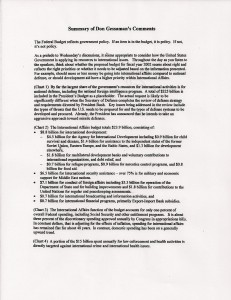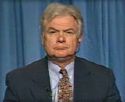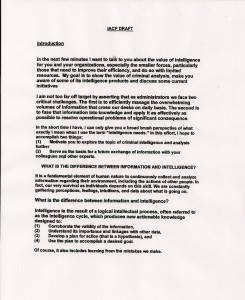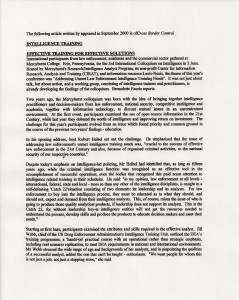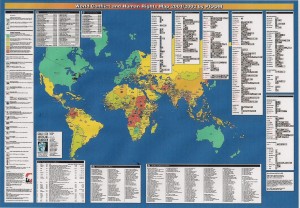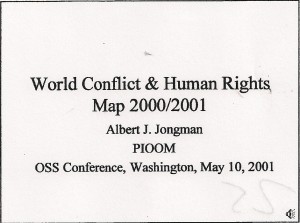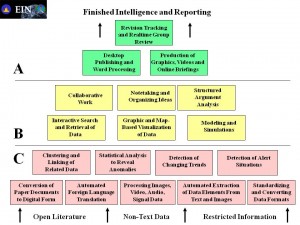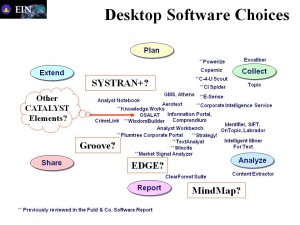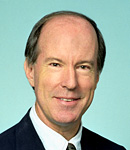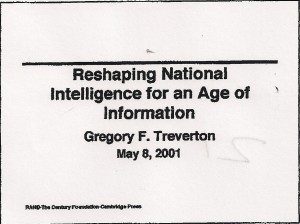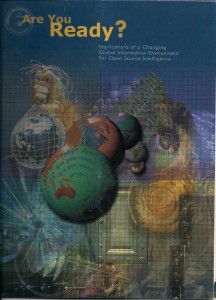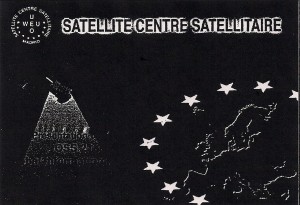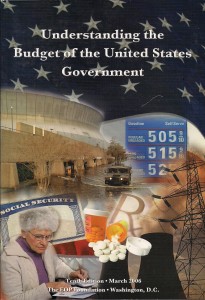
Don Gessaman was the Deputy Associate Director for National Security at the Office of Management and Budget (OMB) for over a decade, and in that capacity managed the oversight, as the most senior civil servant in OMB for defense, diplomacy, aid, and intelligence. Today Kathleen Peroff manages this money, over one trillion dollars a year, unqiue for being the most disposable and directable part of the US Government's budget. during this period Arnie Donahue was Chief of the C4I Branch, and served for several years, until 1997, after Don retired. Both of them contributed to the budget numbers contained in ON INTELLIGENCE: Spies and Secrecy in an Open World.
In 2000 we almost got a Presidential Budget Initiative for the Open Source Agency, but Sean O'Keefe, the Deputy Director of OMB who approved the initiative at a first year start of $125 million, moved to be the leader of the National Aeronautics and Space Administration (NASA) and we lost our chance to leverage Sean O'Keefe's unique appreciation for the importance of this initative.
He is the principal author of the books shown here, most recently issued in 2006 and generally used by incoming Presidents and new Directors of OMB to orient their political client base and appointees. The book can be ordered from the EOP Foundation, 819 7th Street, N.W., Washington, D.C. 200001, telephone (2020) 833.8940.
Below is a summary of Don's presentation to OSS '21.
